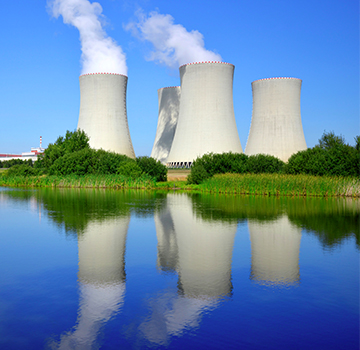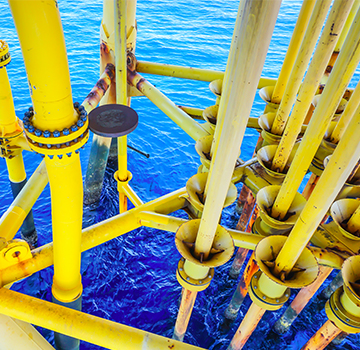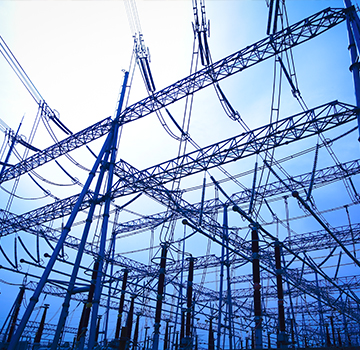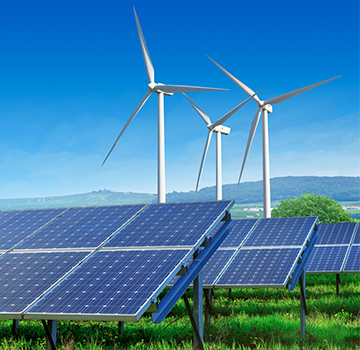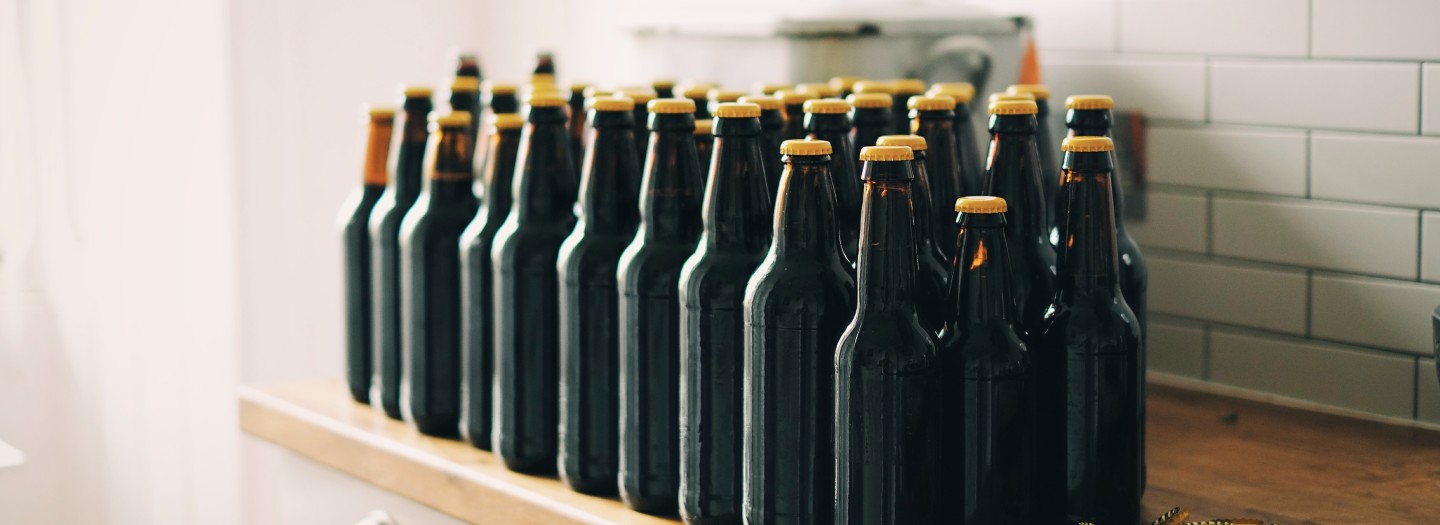Bio-manufacturing advances
Engineers from Colorado University, Boulder have developed an innovative bio-manufacturing process that uses a biological organism cultivated in brewery wastewater to create the carbon-based materials needed to make energy storage cells.
This exciting and innovative bio-manufacturing process could help beer makers to vastly reduce waste water treatment costs. The process will also provide manufacturers with an efficient and cost-effective method for producing renewable fuel technologies derived from natural sources. Their findings were recently published in the American Chemical Society journal Applied Materials & Interfaces.
Deriving power from wastewater
As it stands, breweries are using six to seven barrels of water per barrel of beer produced. The wastewater left over from the manufacturing process requires extra filtration before it can be disposed of. A similar process is currently being used by certain energy industry sectors, for example with the conversion of timber into carbon-based battery electrodes. Naturally occurring biomass, however, is limited by its short supply as well as its intrinsic chemical makeup which renders it rather expensive and challenging to optimise.
CU Boulder have cultivated a rapidly growing fungus, the Neuropora crassa in the wastewater produced by the breweries in Colorado. Researchers say the sugar-rich waste-water is ideal for the fungus to flourish in. Cultivating the fungus in this way has allowed them to observe and understand the chemical and physical behaviours of the fungus from the beginning. They managed a two-fold victory through this process – cleaning the wastewater while simultaneously creating an incredibly efficient, naturally derived Lithum-Ion battery electrode.
Scalable, world class technology
Once this process is ready to be used on a large scale, breweries all over can reduce costs related to munipical wastewater disposal and manufacturers can gain access to economical means of developing technologically advanced battery components. Seeing the large potential for scaling this technology, CU Boulder have filed to patent the process and created a Boulder-based company called Energy aimed at commercialising it.
“There’s nothing required in this process that isn’t already available,” said Huggins and co-author Justin Whitely. “We’re biodesigning the materials right from the start.” The researchers have partnered with Avery Brewing in Boulder in hopes of designing a large pilot program to explore a future for their technology.
Energy storage opportunities grow
Funded by the Office of Naval Research in Washington, DC, the project was born of a cross-disciplinary collaboration between CU Boulder’s Department of Civil, Environmental and Architectural Engineering as well as their Department of Mechanical Engineering.
Speaking proudly about their achievements, Zhiyong Jason Ren, an associate professor in CU Boulder said that the research spoke to the “spirit of entrepreneurship” at the facility. “It’s great to see students succeeding and creating what has the potential to be a transformative technology. Energy storage represents a big opportunity for the state of Colorado and beyond.”
